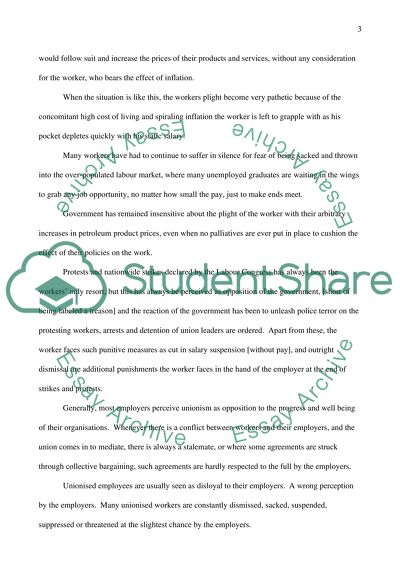Cite this document
(“Union Effects on Employee Relation in Great Britain Essay”, n.d.)
Retrieved from https://studentshare.org/social-science/1515470-employee-relation
Retrieved from https://studentshare.org/social-science/1515470-employee-relation
(Union Effects on Employee Relation in Great Britain Essay)
https://studentshare.org/social-science/1515470-employee-relation.
https://studentshare.org/social-science/1515470-employee-relation.
“Union Effects on Employee Relation in Great Britain Essay”, n.d. https://studentshare.org/social-science/1515470-employee-relation.


